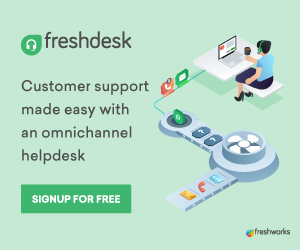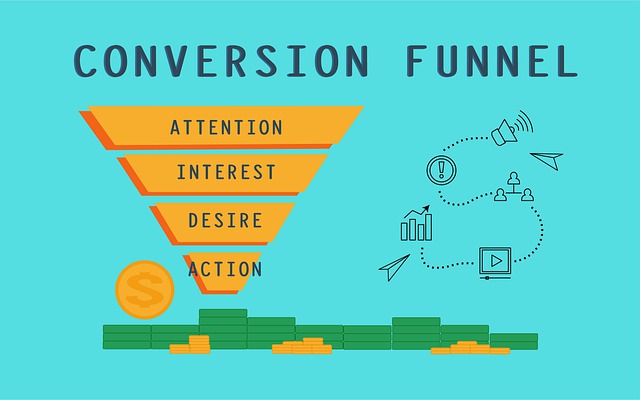In today’s fast-paced world, financial stability and success have become crucial for a fulfilling life. While the concept of making money online is not new, the availability of diverse and accessible systems allows almost anyone, regardless of their background or experience, to achieve substantial financial gains. In this blog post, we unveil an incredible system that has empowered countless individuals to earn substantial incomes and attain massive success. Get ready to embark on a transformative journey towards financial freedom!
1. Unveiling the System:This revolutionary system represents a multidimensional approach that combines proven strategies, cutting-edge technologies, and expert guidance to help individuals generate income with ease. It enables entrepreneurs to tap into various domains like e-commerce, affiliate marketing, stock trading, content creation, and more, without requiring any prior knowledge or experience in these fields. Opportunities abound, and with dedication and consistency, you can uncover your path to financial prosperity.
Sign up for the free training HERE.
2. An Inclusive Opportunity:One of the most remarkable aspects of this system is its inclusive nature. Regardless of your educational background, age, gender, or location, you can join and explore numerous income streams. The system provides step-by-step training modules, interactive webinars, and a network of like-minded individuals to support and guide you throughout your journey. With determination and perseverance, you can quickly learn and implement the strategies necessary for financial abundance.
3. Leveraging Technology:In today’s digital age, harnessing technology is crucial for financial success. This system adopts innovative tools and platforms to simplify various processes, saving time and effort. With user-friendly interfaces, automation software, and data-driven analytics, you can optimize your earnings and streamline your operations. The system keeps you updated with the latest trends, allowing you to stay ahead of the curve and make educated decisions to maximize your profits.
4. Expert Guidance and Support:To ensure your success, this system provides access to trained professionals who have already achieved significant results in their respective fields. They offer personalized guidance, coaching sessions, and mentorship to help you overcome challenges and accelerate your progress. This invaluable support system ensures you receive the necessary knowledge and empowerment to achieve your financial goals.
5. Success Stories:While success can be subjective and vary from person to person, this system boasts a multitude of inspiring success stories. Countless individuals from various backgrounds have transformed their lives by implementing the strategies and techniques taught within the system. These success stories are proof that, with dedication, perseverance, and the right guidance, anyone can achieve massive financial success.
Sign up for the free training HERE.
If you’ve been longing for a way to make money and attain financial freedom, this system offers a promising opportunity for you. With its inclusive and comprehensive approach, leveraging technology, expert guidance, and success stories, this system can steer you towards a prosperous future. Embrace the transformative power of this system, take the first step today, and pave your way towards massive financial success. Remember, with determination, consistency, and the right tools, anyone can unlock their potential and create a life of financial abundance!




